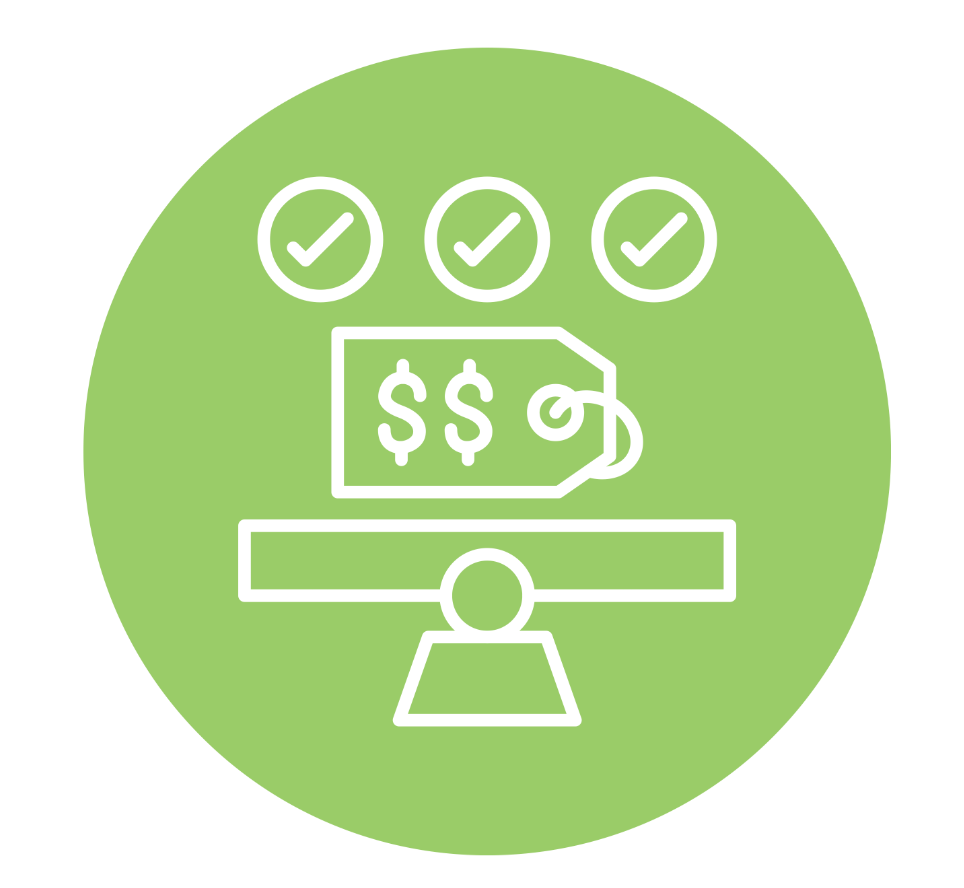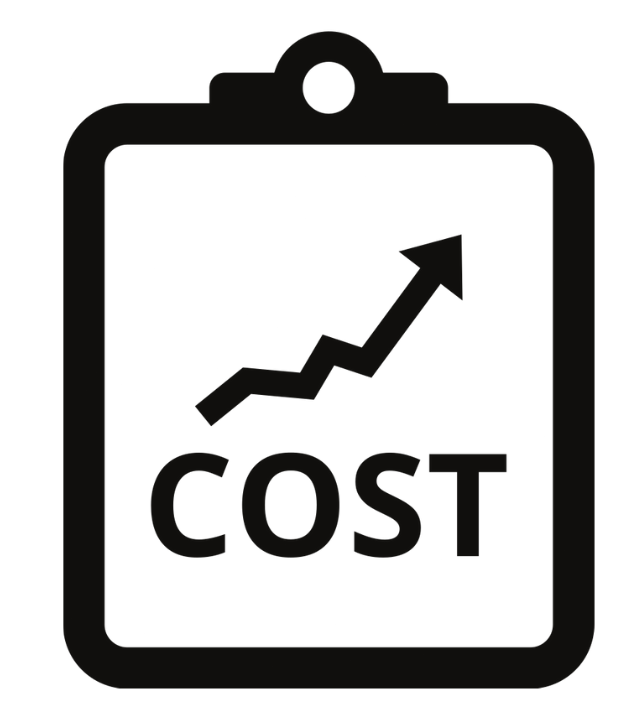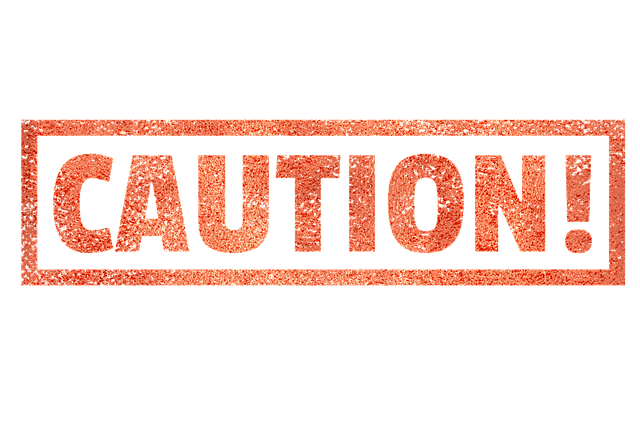Property Valuations in Thailand

Overview of Property Valuations in Thailand
Property valuations in Thailand are conducted for a variety of purposes. These include mortgage, taxation and legal valuation. Property valuation is generally based on the prevailing market rates which are determined by assessing the subsequent value of a property during resale or lease related deals.
The property valuations in Thailand are mostly carried out to ensure the correct rates are set for mortgages and other types of borrowings, to determine taxation values and also how a certain piece of land should be valued for specific purpose or activity.
Property Valuers Association of Thailand (PVA) oversees that all Valuers have received adequate training with regards to their licensed activities including general practice valuations, plant & machinery valuations, valuations relating to compulsory acquisitions, matrimonial settlements and litigious cases and any other type of specialized work.

Types of Property Valuations
The process of property valuations is a crucial factor in the real estate market. It is important for banks, buyers, sellers and property owners to have an accurate understanding of the fair market value of a property in order to make informed decisions.
Property valuations involve a comprehensive range of property types and involve employing various approaches to determine the value of a property. In this article, we will look at the different types of property valuations and how they can be used to determine the value of a property:

Fair Market Value
When it comes to property valuations in Thailand, assessing the fair market value (FMV) of a property is one of the most important assessments that will be done. FMV is defined as the price that would be agreed on between a willing buyer and willing seller, both being informed and acting independently. In short, it is an assessment of what an impartial buyer would pay for a property on the open market.
FMV appraisals are conducted for many purposes including mortgages, sales/purchases, tax assessments, debt restructuring and more. The process for determining FMV typically involves several steps that assess different aspects of a property. These can include:
- Analyzing such elements as the physical condition of the land and building(s).
- Estimated future cash flows from its use or potential re-use.
- Governmental applications that affect zoning or usage regulations.
- Taxation levels and other influencing factors which can have an effect on its overall value.
- External factors such as consumer sentiment and interest rates in conjunction with local economy sentiment.
Replacement Cost
Replacement cost is the cost to replace a property with one of similar kind, size, and quality. This type of valuation is frequently used when it comes to said property?s insurance value in the event of a total loss due to an unforeseen event. It is also used by banks and finance companies for loan valuations as a way to ensure that their loan is sufficiently secured by sufficient collateral.
Replacement cost takes into consideration both material costs and labor costs associated with the replacement property, plus any other costs such as permit fees or professional fees related to the replacement's construction.
As such, it generally provides a higher valuation than current market value? the amount someone would be willing to pay for a comparable property at its current location on the open market ? as it includes both material and labor costs.
This can be especially useful in volatile markets where actual sale prices may bear little resemblance with what properties were actually worth due to rapidly changing conditions.

Income Approach
The Income Approach (as opposed to a direct comparison approach or cost approach) is a type of real property valuation method that applies principles of discounted cash flow analysis and the capitalization of income concept by assigning value to anticipated future benefits.
This approach is typically used in situations where the highest and best use of the property involves the current production of income.
It simply involves estimating what the property owner would likely receive if they rented, leased, or sold the property based on a capitalization rate, which is calculated by dividing minimum expected net operating income (NOI) by current market value.
Net Operating Income refers to revenue generated from sources such as rent and other revenue sources less operating expenses including taxes, insurance, maintenance, repairs etc. Once these have been accurately estimated for a certain period (typically 10 - 15 years), it can be projected into future periods in order to calculate an annual net operating income amount.
This annual NOI amount can then be divided by a suitable capitalization rate in order to estimate what would be received from an investor if the property was leased out for a certain period.
There are various approaches for calculating capitalization rates including "Rule-of-Thumb", Time Value Of Money methodologies and Statistical Techniques such as Surplus Technique & Multiple Capitalization Method. The resulting value placed on the asset through this approach forms an important part of the overall estimated value which may also take into account additional factors such as land values or replacement costs should these be more appropriate in given circumstances.

Cost Approach
The cost approach is a type of property evaluation method used to determine an estimation of the fair market value of a property. It involves analyzing the cost required to reconstruct or replace a building from scratch, from material acquisition to labor costs.
This approach works by measuring the current cost versus the market replacement value, without taking into account some of the external factors that usually come with purchasing and owning real estate, such as depreciation, land values, and other intangibles.
The cost approach is based on estimated costs for new construction at current prices for labor, materials, financing and overhead charges. This approach is useful in both valuing new properties or properties that had gone through considerable renovation over time. To calculate the estimated replacement value, three components are taken into consideration; land value (L), depreciated improvements (I) and replacement/reconstruction costs(C).
The formula of Cost Approach looks like this:
Estimated Value = Land Value + Depreciated Value + Replacement & Reconstruction Cost
When conducting a real estate appraisal using this method there must be enough data available so that each component in the formula can be properly evaluated based on its market data. The cost approach can also provide valuable insight when dealing with commercial tenants as it allows you to factor in likely risks associated with future operations.

Valuation Services
Valuation services are an important part of determining the fair market value of a property and are often carried out by chartered surveyors. These services provide a comprehensive range of data analysis and due diligence services in order to assess the value of a property, whether it be a land plot, a house, office or factory according to its open market value. It is key to making sure the right price is paid by a buyer or the right amount of money is received by a seller.
Valuation services also provide a more detailed understanding of the property and its characteristics in order to inform decisions:
- Assessing the open market value of a property
- Providing a more detailed understanding of the property and its characteristics
- Informing decisions

Valuation Description and Definition
Our service uses the MARKET APPROACH which examines the title, state, age and condition of the property, the major selling features and compares similar property in the local area and takes into account current market factors, the immediate local environment and any encumbrances to arrive at a fair market price in the present market.
The valuation does not review due diligence either right of property or access rights or title ownership. Public utilities and services are also not considered. Due diligence should be carried out by a lawyer.
We specialize in appraisal and valuation reports covering:
- Residential properties: Houses/villas, townhouses, shop houses, condominium housing development projects, and apartments.
- Land plots - a direct comparison with similar land
Purposes of valuation cover the following:
- Current market property value
- Asset financing
- Rental assessment
- Mortgage finance
- Security value
- Divorce proceedings
- Dispute Resolutions
- Risk Analysis
- Insurance cover
- Fire sale estimate
Confidentiality:
Client confidentiality is an important part of our business. We take measures to ensure client confidentiality is maintained at all times. If we believe there could be a conflict of interest in accepting an instruction, we will disclose this to both parties in advance.
Need to calculate VAT on your valuation invoice? VAT Calculat
Definition of Valuation:
"Valuation is a process of estimation of the most probable price which would be paid for a property under typical market conditions applying at the date of valuation..."
"The value of a property is the present value of all future benefits expected to be obtained from possession of the property."
The ability to provide a professional and accurate Valuation Service relies on a combination of the professionalism of our valuation consultants and the quality of available market information.
The residential valuation model used is the Market Approach. Homes are valued based on what an average person would be willing to pay for a similar property. This data is derived by looking at current sales in Phuket. Every attempt is made to use sales that have the same characteristics as the property to be valued (subject property). These would include but are not limited to; area, number of bedrooms, baths etc., if it has a garage etc. If a subject property doesn't have enough matching sales, adjustments are made to the sale properties most closely resembling that property to create a more equitable value. An example of this would be; if the sale property had a swimming pool and the subject didn't the sale price would be adjusted to reflect not having a pool.
A sale at fair market value is by definition: The amount of money a well-informed buyer would pay and a well-informed seller would accept for property that has been on the open market for a reasonable amount of time, assuming neither buyer nor seller is acting under pressure. When a sale is deemed valid it can be used to help determine fair market value for other similar properties. The goal is to value all properties fairly and equally, while being as close to fair market value as possible.
Valuation Approaches:
The MARKET APPROACH involves comparison of a property with the characteristics of similar properties that have recently been sold. There is also the COST APPROACH which involves estimating the replacement cost of a structure, and adjusting that estimate to account for depreciation. Lastly, the INCOME APPROACH is an analysis of a property's value based on its capacity to generate revenue for the owner.
Comment & Disclaimer:
This valuation report is an assessment only and the seller acknowledges that the completion of a home valuation through SIAM REAL ESTATE PHUKET CO.LTD hereinafter referred to as "SRE" is an indication only based on available market information and analysis. SRE does not warrant the accuracy of this information or data sources used to prepare this valuation assessment. SRE provide a logical calculated estimate of a probable selling price of a residential property. This valuation estimates property worth at the date of this report and is intended for personal use only and should not be considered for any insurance or financial use. SRE accepts no liability or warranty whatsoever for the accuracy, expressed or implied of this information or any indirect, special or consequential damage arising out of the use of this information.
Contact: Kevin Hodges + 66 (0)76-383-646 for appointment or

Frequently Asked Questions
Q: What are property valuations in Thailand?
A: Property valuations in Thailand refer to the process of estimating the value of a property. This is done by a professional appraiser who inspects the property and takes into account various factors such as location, size, condition, amenities, and current market trends.
Q: What is needed to obtain a property valuation in Thailand?
A: To obtain a property valuation in Thailand, you will need to provide the appraiser with information about the property, including the location, size, condition, amenities, and recent sales data. You will also need to provide a copy of the deed and any other relevant documents.
Q: How much does a property valuation in Thailand cost?
A: The cost of a property valuation in Thailand will vary depending on the size and complexity of the property and the experience of the appraiser. Generally, the cost is between 2,000-3,000 Thai Baht.




